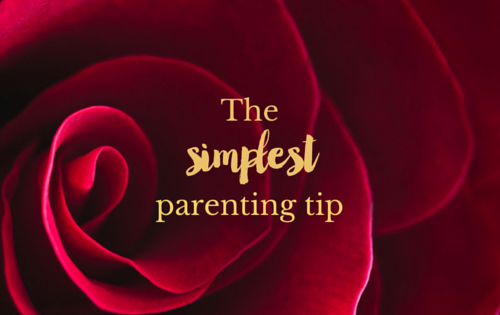Hello!
How are you?
I gave a talk on Aware Parenting to a local group of mums and dads last weekend.
I so loved it!
And I realised that one of the simplest parenting suggestions I have is to put ourselves into our child’s shoes.
Let me give you a few examples.
As anyone who has come to my introductory talks knows, and anyone who has had a session with me probably recognises, I often say to parents,
“If you were feeling upset, and you were trying to tell your friend about it, and she kept trying to give you a drink, food, distract you with a toy or iPhone, or rock or jiggle you, or try to get you to sleep, how would you feel? Is it possible that your baby or child would feel the same?”
“Have you ever had a time when you were feeling upset, and were avoiding eye contact, and your friend or beloved came up, put their hand on your shoulder, looked in your eyes, and in a warm tone said, ‘how are you feeling?’, would you then be likely to burst into tears? Is it possible that your child avoids eye contact for the same reason, and cries for the same reason, when she sees the love in your eyes?”
“Have you ever been out for a meal with your partner, and after a short time, you start to argue? Could that be because the closeness and undivided attention you are receiving signals to your being to bring up more uncomfortable feelings? And could it be that your child is doing the same, after you’ve just given your warm and loving attention?”

“Have you ever spoken harshly to your child, or shouted, or threatened? If someone had told you that that wasn’t helpful for them, would that stop you doing it ever again? Or is it more likely that receiving compassion for what was going on for you, and having your needs met, would mean you were less likely to do that again? And is it likely that children are the same – that when they hit or bite or won’t cooperate, that telling them to be gentle a thousand times won’t help, but going for connection and listening to what unmet needs she might have, and helping her express her underlying feelings, might mean she is just more likely to return to her compassionate self?”
“Do you ever find that when you have feelings bubbling about something, that you find it hard to go to sleep, you wake up in the night frequently and find it hard to go to sleep, and you wake up early in the morning? Might babies and children be the same?”
“When you are upset and you go off on your own, or tell someone to leave you alone, is that what you really want? Might you be longing for them to follow you and keep on listening and loving you, even if uncomfortable feelings arise in you when they do?”

“When you are upset and you go to the fridge for chocolate, might you really want someone to listen to you instead? And might your child be the same?”
“If someone tells you that you have to do something, are you less likely to want to do it? And if you are invited to do something in a way that feels connecting and fun, are you more likely to want to do it? And might your child feel the same?”
“Do you find it much harder to be compassionate and contribute to your child when you haven’t had enough connection and support and rest and fun, and when you have big feelings bubbling up? Might your child be less connected to her compassion and cooperation when she has unmet needs and bubbling feelings?”
Those are a few of the ones I normally say.
And of course, there are cognitive and other differences between babies, children, teens and adults.
However, in many cases, if a parent is finding something challenging about their child, I often ask them to pretend to be their child, and I play being the parent.
Often, putting themselves in their child’s shoes brings a whole new level of understanding and clarity about how it might be for their child, and what their child might most be needing.
I’d love to hear if you have some of these sayings too!
Please feel free to email me, or come and comment on my Facebook page (link below)!
Much love,
Marion xxx

